18 pages • 36 minutes read
Emily Dickinson"Faith" is a fine invention
Fiction | Poem | Adult | Published in 1891A modern alternative to SparkNotes and CliffsNotes, SuperSummary offers high-quality Study Guides with detailed chapter summaries and analysis of major themes, characters, and more.
Symbols & Motifs
The Multiple Meanings Behind “Gentlemen”
At first, the “Gentlemen” (Line 2) symbolize something relatively uncomplicated. They represent the rulers and governors of society. As proper, powerful men, their faith and minds are of the utmost concern since they have the most authority. Thus, the speaker addresses them. The “Gentlemen” symbolize leaders, and leaders should know when to rely on intuition and when to pivot toward something more concrete.
Then again, the “Gentlemen” also represent something somewhat ridiculous. The speaker turns the common noun into a proper noun. They make up a class for the men, which suggests the men’s power is made up—that is, it’s a construct of society. These men can’t see better than others. They’re not born with greater abilities—they merely exist in a time with sharply unbalanced gender norms; prejudices that make men seem superior to other genders. Here, the “Gentlemen” symbolize sexism and the inflated, unfounded power society often assigns to men.
In a contemporary context, the “Gentlemen” could symbolize people in general. All humans, whether they’re “Gentlemen” or not, struggle with when to make a choice based on faith and when to make a decision centered on another type of reasoning. Every person could use some advice about what to do “[i]n an Emergency” (Line 4), so, in a gender-inclusive reading, “Gentlemen” symbolize humanity because people of all genders face the tension between reason and intangible emotions and convictions.
Related Titles
By Emily Dickinson

A Bird, came down the Walk
Emily Dickinson
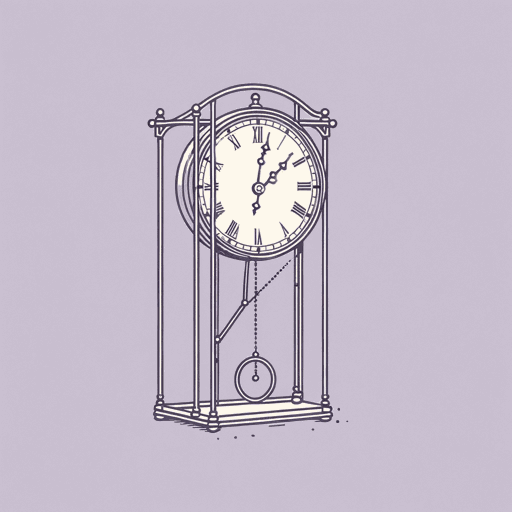
A Clock stopped—
Emily Dickinson

A narrow Fellow in the Grass (1096)
Emily Dickinson
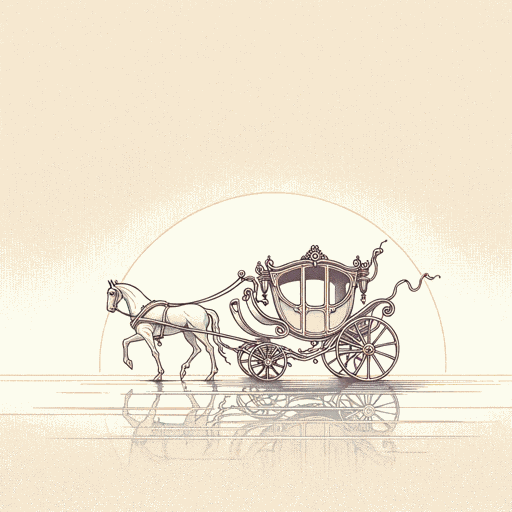
Because I Could Not Stop for Death
Emily Dickinson

Fame Is a Fickle Food (1702)
Emily Dickinson

Hope is a strange invention
Emily Dickinson

"Hope" Is the Thing with Feathers
Emily Dickinson

I Can Wade Grief
Emily Dickinson

I Felt a Cleaving in my Mind
Emily Dickinson
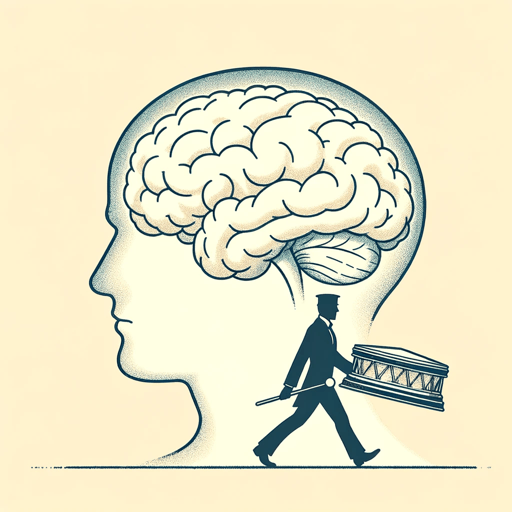
I Felt a Funeral, in My Brain
Emily Dickinson

If I Can Stop One Heart from Breaking
Emily Dickinson

If I should die
Emily Dickinson

If you were coming in the fall
Emily Dickinson

I heard a Fly buzz — when I died
Emily Dickinson
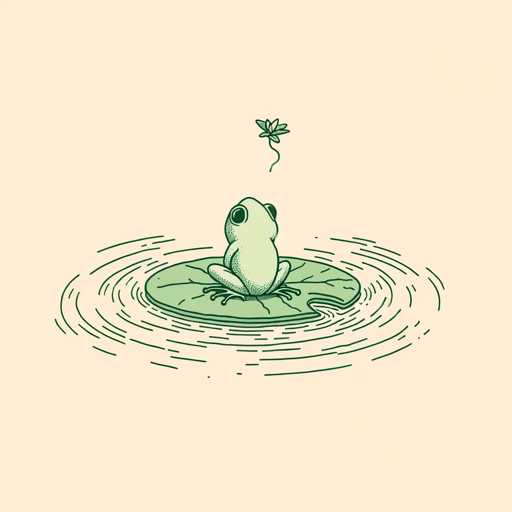
I'm Nobody! Who Are You?
Emily Dickinson

Much Madness is divinest Sense—
Emily Dickinson

Success Is Counted Sweetest
Emily Dickinson

Tell all the truth but tell it slant
Emily Dickinson
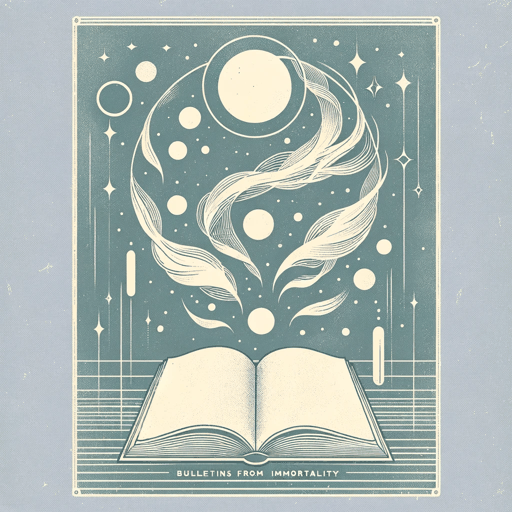
The Only News I Know
Emily Dickinson

There is no Frigate like a Book
Emily Dickinson

